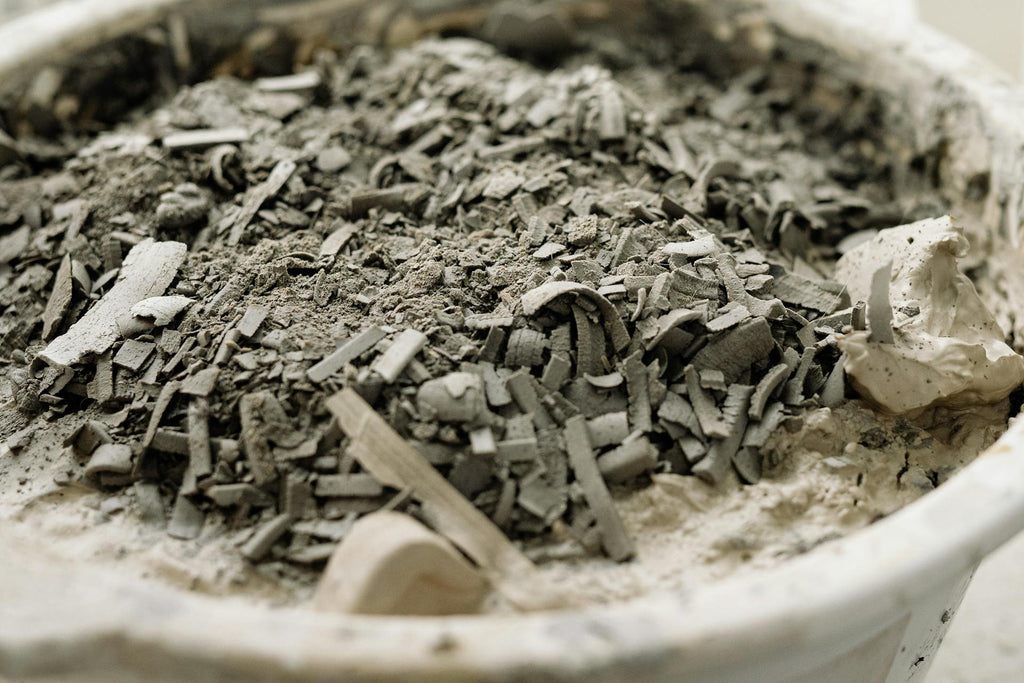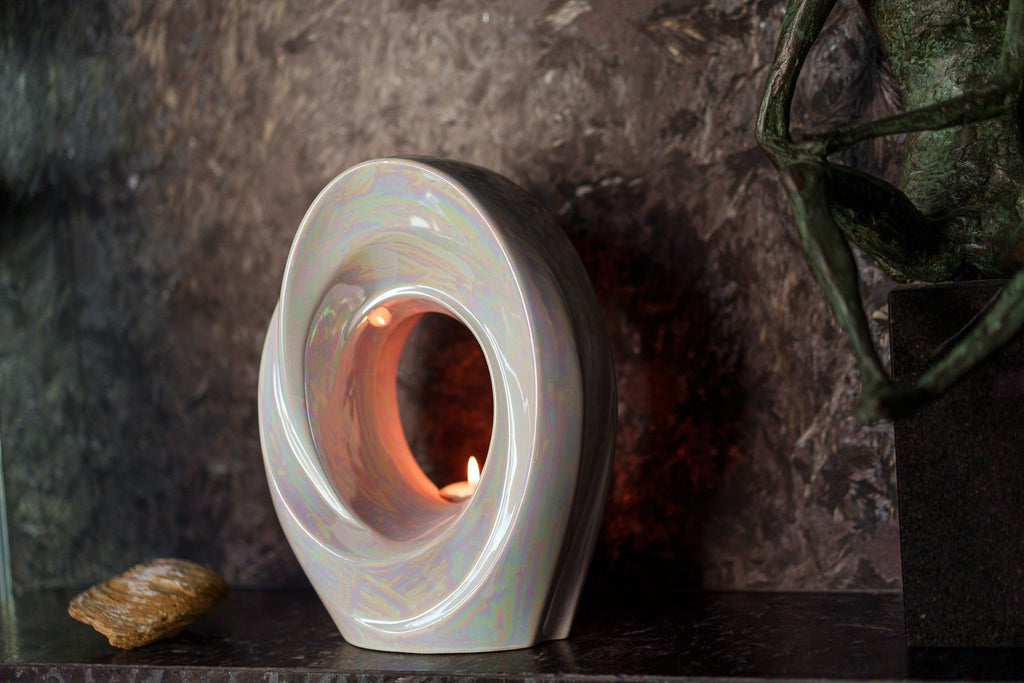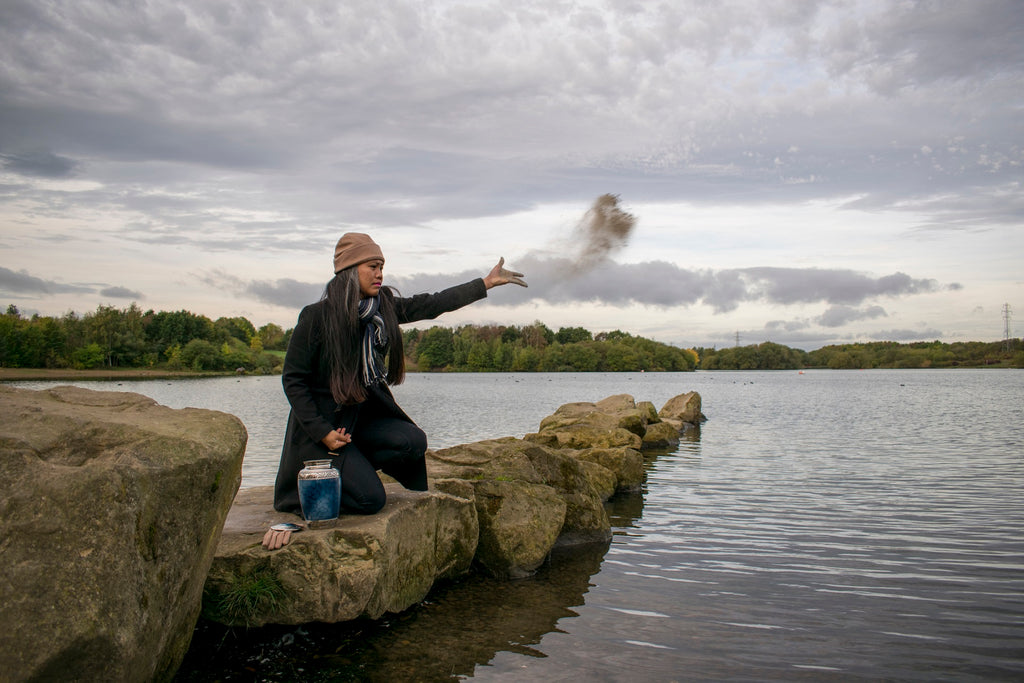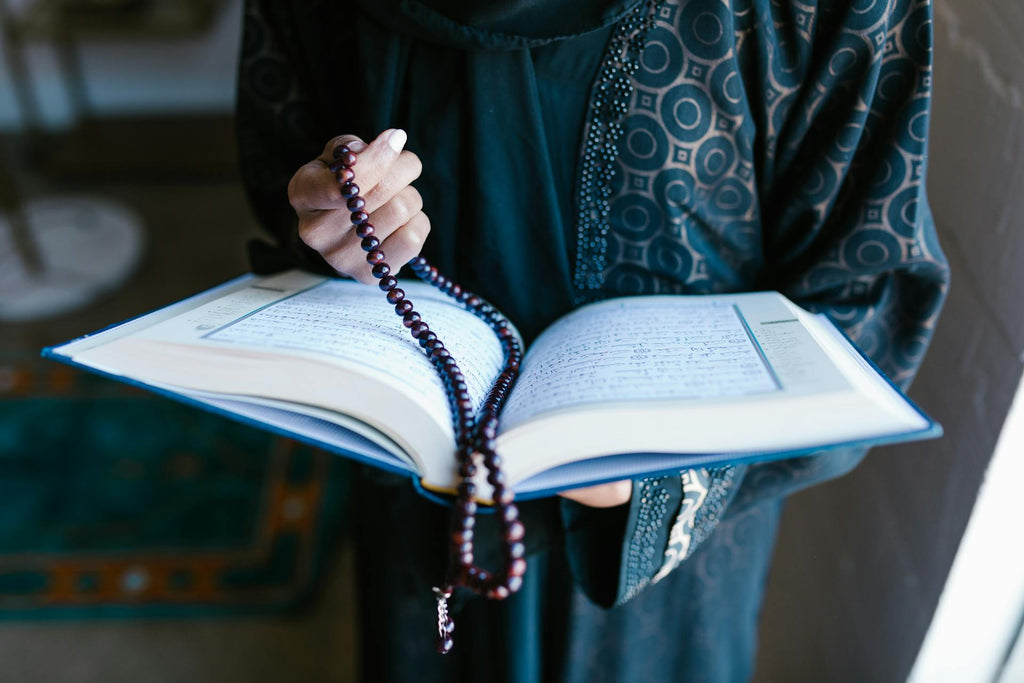





In recent years, cremation has emerged as a popular choice for final disposition, offering families a versatile and customizable alternative to traditional burial. However, amidst its rising popularity, misconceptions and myths about cremation abound. Today, we embark on a journey to demystify nine of the most prevalent cremation myths, shedding light on the truth behind the ashes.
While it's true that cremation often carries a lower price tag compared to traditional burial, the notion that it is inherently cheaper is a myth. The cost of cremation can vary widely depending on factors such as location, service options, cremation urn type and personal preferences. By forgoing certain services and exploring cost-effective alternatives, burial can be equally affordable or even more so than cremation. From homemade coffins to DIY memorial services, there are numerous ways to tailor funeral arrangements to suit your budget without compromising on dignity or reverence. Note that urns for ashes and keepsakes vary in price, however they are usually much cheaper than a traditional casket.
 Myth #2: Cremation Results in Ashes
Myth #2: Cremation Results in AshesContrary to popular belief, the term "ashes" used to describe cremated remains is a misnomer. Following the cremation process, what remains are not ashes but rather cremated remains consisting of pulverized bone matter. While the term may evoke imagery of fine dust or ash, the reality is a coarse, grainy powder resembling sand. Understanding the true nature of cremated remains can help dispel misconceptions surrounding the cremation process and its aftermath.
 Myth #3: Risk of Receiving Incorrect Remains
Myth #3: Risk of Receiving Incorrect RemainsA common concern among individuals considering cremation is the fear of receiving incorrect remains or having their loved one's ashes mixed with those of another. While instances of such occurrences are exceedingly rare, stringent protocols and regulations govern the cremation process to ensure the integrity and identity of each individual's remains. By engaging with reputable funeral homes and crematoriums and exercising due diligence, families can mitigate any concerns and ensure peace of mind throughout the cremation process.
While cremation is often touted as an eco-friendly alternative to traditional burial, the reality is more nuanced. While the cremation process itself emits harmful chemicals and consumes significant energy, it offers secondary environmental benefits such as land conservation and reduced use of resources. However, concerns remain regarding carbon emissions and the ecological impact of cremation. Alternative methods such as bio-cremation offer emission-free alternatives, highlighting the ongoing conversation surrounding environmental sustainability in funeral practices.

While scattering cremated remains may seem like a fitting tribute to a loved one's memory, it's essential to understand the legalities and regulations governing such practices. Laws regarding scattering vary by location and may restrict or prohibit scattering in certain areas. From private property to designated scattering gardens, exploring legal options for scattering can ensure compliance with local regulations while honoring the wishes of the deceased and their family.
 Myth #6: Cremation is Irreversible
Myth #6: Cremation is IrreversibleDespite the irreversible nature of cremation, families may express concerns regarding the finality of the process. However, advancements in memorialization options offer families the opportunity to commemorate their loved one's memory in meaningful and enduring ways. From personalized urns to memorial jewelry, there are countless avenues for preserving and honoring the legacy of the deceased following cremation, providing solace and comfort to grieving families.
While certain religious traditions may discourage or prohibit cremation, attitudes towards cremation vary widely across different faiths and cultures. Many religious institutions accommodate cremation as a valid form of final disposition, offering guidance and support to adherents navigating end-of-life decisions. By consulting with religious leaders and practitioners, individuals can ensure that funeral arrangements align with their spiritual beliefs and cultural traditions, fostering a sense of continuity and reverence in honoring the deceased. Storing the ashes in a cremation urn is also forbidden in some religions.
 Myth #8: Cremation Precludes Traditional Funeral Services
Myth #8: Cremation Precludes Traditional Funeral ServicesOne misconception surrounding cremation is the notion that it precludes traditional funeral services. In reality, cremation can be seamlessly integrated into various funeral rituals and ceremonies, allowing families to honor their loved one's memory in a manner that reflects their unique preferences and traditions. From visitations and viewings to memorial services and interment ceremonies, cremation offers families the flexibility to customize funeral arrangementswhile preserving the dignity and solemnity of the occasion.
 Myth #9: Cremation is a Growing Trend
Myth #9: Cremation is a Growing TrendAs cremation continues to gain popularity as a preferred method of final disposition, the notion that it is a modern phenomenon is a myth. Cremation has deep historical and cultural roots dating back centuries, with traditions and practices evolving over time. While contemporary attitudes towards cremation may differ from those of previous generations, the practice itself remains a timeless and enduring tribute to the deceased, offering families a timeless means of honoring their loved one's memory with reverence and respect.
In conclusion, dispelling myths and misconceptions surrounding cremation is essential in fostering a deeper understanding and appreciation of this time-honored practice. By embracing knowledge and transparency, families can navigate the cremation process with confidence and clarity, ensuring that their loved one's memory is honored with dignity and reverence for generations to come.
-----------------------------------------------------------------------------------------------------------------------------------
Join us in helping families honor the memory of their loved ones and pets through art!
Our Affiliate Program is now available at https://www.pulvisurns.com/pages/affiliate-program-by-pulvis-art-urns
How AI Affects Funeral Planning
Trust in the professionals develops automatically when the family guidance in planning the funeral is visually interesting and simple.
AI and Future of Memorial Celebrations: Revolutionizing Tributes with Cutting-Edge Tools
Easy Guide to Funeral Homes in Illinois
In Illinois, funeral traditions are evolving at the intersection of deep-rooted Midwestern values and modern flexibility. By 2026, families across the state are reimagining final arrangements as opportunities for storytelling, personalization, and meaningful celebration. From Chicago to rural communities, Illinoisans are choosing memorials that balance tradition, practicality, and a growing desire to honor loved ones in ways that feel both dignified and deeply personal.
Easy Guide to Funeral Homes in Colorado
In Colorado, funeral traditions are increasingly shaped by a love of nature, simplicity, and personal freedom. By 2026, families across the state are moving away from formal, traditional services in favor of eco-conscious and deeply personalized tributes. From urban Denver to mountain communities in the Rockies, Coloradans are honoring loved ones in ways that reflect the natural beauty of the landscape and the independent spirit that defines the state.
Easy Guide to Funeral Homes in Arizona
In Arizona, funeral traditions reflect the state’s love of openness, simplicity, and natural beauty. By 2026, many families have moved away from rigid, traditional services in favor of affordable and flexible memorials that honor life in a more personal way. From desert ceremonies to handcrafted urns kept at home, Arizonans are choosing tributes that feel as expansive and meaningful as the landscape itself.
Share:
Pet Loss And How to Honor Your Furry Friend. What We Need to Know?
Letting Go with Love: A Guide to Deciding the Fate of a Loved One's Belongings